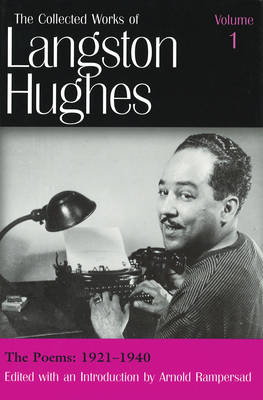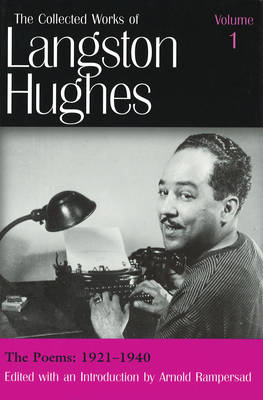
- Retrait gratuit dans votre magasin Club
- 7.000.000 titres dans notre catalogue
- Payer en toute sécurité
- Toujours un magasin près de chez vous
- Retrait gratuit dans votre magasin Club
- 7.000.0000 titres dans notre catalogue
- Payer en toute sécurité
- Toujours un magasin près de chez vous
Description
Volume 1 includes the complete texts of four books of verse by Hughes, including his first book, The Weary Blues (1926), and his second, Fine Clothes to the Jew (1927), as well as other poems published by him during and after the Harlem Renaissance. The Weary Blues announced the arrival of a rare voice in American poetry. A literary descendant of Walt Whitman ("I, too, sing America," Hughes wrote), he chanted the joys and sorrows of black America in unprecedented language. A gifted lyricist, he offered rhythms and cadences that epitomized the particularities of African American creativity, especially jazz and the blues. His second volume, steeped in the blues and controversial because of its frankness, confirmed Hughes as a poet of uncompromising integrity. Then in the 1930s came Dear Lovely Death (1931) and the radical A New Song (1938). Poems such as "Good Morning Revolution" and "Let America Be America Again" made his pen one of the most forceful in America during the Great Depression.
Spécifications
Parties prenantes
- Auteur(s) :
- Editeur:
Contenu
- Nombre de pages :
- 296
- Langue:
- Anglais
- Collection :
- Tome:
- n° 1
Caractéristiques
- EAN:
- 9780826213396
- Date de parution :
- 18-06-01
- Format:
- Livre relié
- Format numérique:
- Genaaid
- Dimensions :
- 163 mm x 236 mm
- Poids :
- 635 g

Les avis
Nous publions uniquement les avis qui respectent les conditions requises. Consultez nos conditions pour les avis.






